
West is up? Nevermind!
Meeting for an introductory workshop in Salzburg last weekend, our new UNIGIS professional students were already perfectly working together making THEIR map. It consists of 23 (quite active and human 😉 ) symbols, representing 23 home locations between Kiel and Klagenfurt and between Bern and Vienna. “Collective mapping” While one might argue this map fails to meet several cartographic conventions including correct orientation, we would reply that map orientation does not matter at all, as long as they got good orientation for the intensive year of UNIGIS-studies to come. All the best to you for this challenging endeavour!
Read more…
Upcoming U_Lecture on Smart Mobility & Geodata October 21, 5-6 PM
Wed October 21, 5:00 PM – 6:00 PM (CET): “Smart Mobility and Geodata” Dr. Marianne Linde, member Board of Directors Geodan Gerrit Schipper, specialist in information science and automotive industry In this edition of the UNIGIS Lectures we will talk about the role of geodata in the possibilities that Smart Mobility has to offer nowadays and in future. The automotive industry seems ready for a mobility revolution, but is our broader (geo data) infrastructure and what role is there for our geo-ict experts? Join our Smart Mobility & Information experts Marianne Linde and Gerrit Schipper on October 21 in our …
Read more…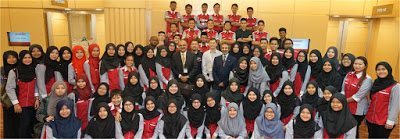
UNIGIS at GeoSmart Asia ‘2015 – Kuala Lumpur
UNIGIS was invited to contribute to the GeoSmart Asia 2015 (GSA) conference held in Kuala Lumpur, Malaysia from September 29th to October 1st, 2015 and to co-organise the ‘Geospatial Youth Forum’ bringing academia, industry, organisations and students onto a common platform for promoting career-oriented one-on-one interaction. GSA is one of the largest regional conferences focussed on geospatial themes in S/E Asia and is being organised in different countries across the region. UNIGIS has been entrusted with a prominent role of conducting Geospatial Capacity Building sessions at the event since 2005 and this was the 11th such continuous session coordinated by …
Read more…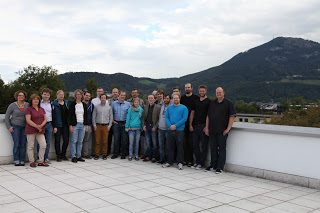
Master Thesis workshop in Salzburg
From 18th to 19th of September more than 20 students from the UNIGIS MSc 2014 course presented a current status of their Master Thesis during the workshop in Salzburg. High quality presentations from various sectors of GI and a lively discussion among students and the teaching team led to an informative and entertaining meeting. All the best for the final steps! UNIGIS MSc 2014
Read more…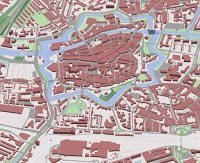
New U_Lecture on Platform 3DNL September 23
This autumn series of U_Lectures are hosted by our member UNIGIS Amsterdam in cooperation with several industry partners. Don’t miss this opportunity and register now for the U_Lecture on Platform 3DNL with industry experts Rob van de Velde (Geonovum), Henk Scholten (Geodan/VU University Amsterdam) and Sanne Hettinga (VU University Amsterdam). Date: Wednesday September23 Time: 4-5 pm (CEST) U_Lecture 3DNL Due to increasing complexity of spatial processes, decisions about the public space are becoming harder. Accurate and real-time 3D information is necessary to support effective and transparent decision making. Platform 3DNL is seeking to establish a national 3D Geo-Information Infrastructure in …
Read more…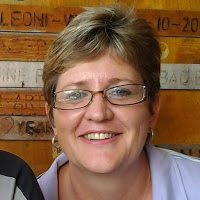
UNIGIS Sub Saharan African Student offered lucrative bursary
Ms Marthie Schoeman, UNIGIS Sub Saharan Africa student has been awarded a coveted bursary by EE Publishers South Africa to attend this year’s Geomatics Indaba in South Africa, all expenses paid. EE Publishers have a particular focus on the electrical, electronics, measurement, automation, control, computer, information, geo-informatics and communication technology sectors of Southern Africa. UNIGIS wishes Marthie a wonderful trip to Ekurhuleni and we hope she learns a lot!
Read more…
Congratulations to UNIGIS Southern Africa Student! Congratulations to Ms Gudani Mammba from UNIGIS Sub Saharan Africa! She has been awarded a bursary by GISSA, The GI Society for Southern Africa to attend the Geomatics Indaba 2015 from 11-13 August at the Emperor’s Palace, Ekhuruleni. This is a major Geomatics industry event and is jointly organised and hosted by SAGI, IMSSA, and GISSA in collaboration with EE Publihers. As a service to the GIS community GISSA decided to sponsor 5 deserving Geoinformatics University Students to attend the conference. The sponsorship will entail payment by GISSA of the conference fees and travel …
Read more…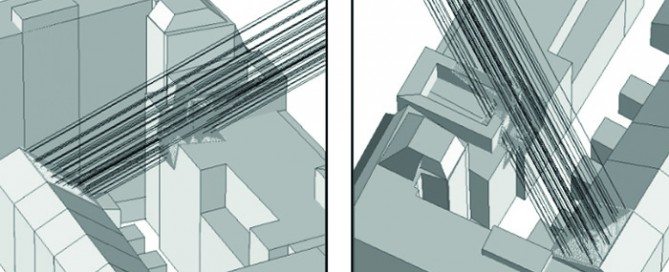
1st place: Heidi El Hosaini – UNIGIS UK
Locating and positioning solar panels in a 3D city model – a case study of Newcastle Heidi El Hosaini (UNIGIS Manchester) had been named the winner of the annual worldwide UNIGIS Master Thesis competition in October 2014 for her dissertation titled “Locating and positioning solar panels in a 3D city model – a case study of Newcastle”. This thesis was developed with sponsorship from the UK Ordnance Survey. The prize carried an invitation to the GI_Forum Salzburg, where she published and presented her work in a well received talk in the main conference program, and received the ‘trophy’ and an …
Read more…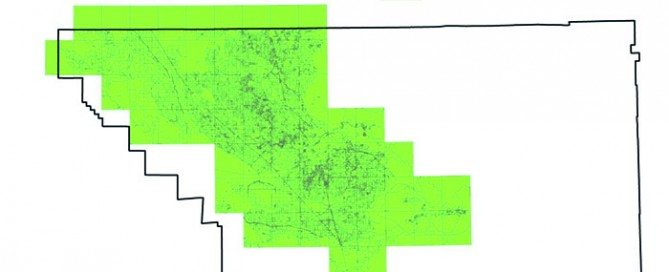
2nd place: Trang Minh VoPham, UNIGIS USA
Integrating landsat and California pesticide exposure estimation at aggregated analysis scales: Accuracy assessment of rurality Pesticide exposure estimation in epidemiologic studies can be constrained to analysis scales commonly available for cancer data—census tracts and ZIP codes. Research goals included (1) demonstrating the feasibility of modifying an existing geographic information system (GIS) pesticide exposure method using California Pesticide Use Reports (PURs) and land use surveys to incorporate Landsat remote sensing and to accommodate aggregated analysis scales, and (2) assessing the accuracy of two rurality metrics (quality of geographic area being rural), Rural-Urban Commuting Area (RUCA) codes and the U.S. Census Bureau …
Read more…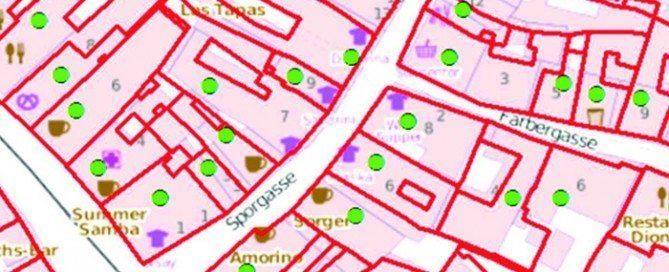
3rd place: Stefan Mayer – UNIGIS Salzburg
An approach to model the thermal demand of buildings. A case study using two districts of Graz. The current paper deals with an approach to model the annual heating and cooling demand of buildings, using two districts of the city of Graz as case study. Hence, the main objective is to gather the demand patterns within different parts of the city and to localise demand hotspots. A determination of the heating and cooling demand of buildings is carried out via the calculation of the heat balance of individual buildings. The practical implementation consists of the generation of a building model …
Read more… Previous Next